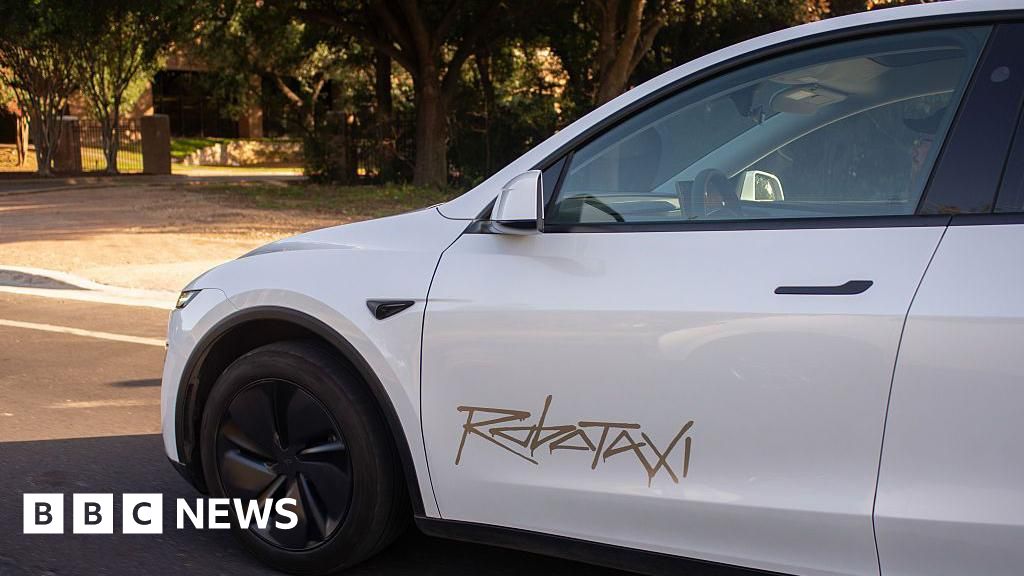Google may have to make changes to its search services in the UK to ensure greater competition, the competition watchdog has said.
The Competition and Markets Authority (CMA) is investigating the US technology giant under a new law which means the regulator can demand changes at a firm if it is found to hold too much power in a particular market.
Google accounts for more than 90% of searches in the UK and 200,000 businesses use the company's search advertising to reach customers.
The company, which is owned by Alphabet in the US, said the CMA's suggestions were "broad and unfocused" but added it would "work constructively" with the regulator.
The CMA said it was not accusing Google of anti-competitive practices at this time, but it has set out a "roadmap" of changes the company could make to its business ahead of a final decision in October.
These could include requiring "choice" screens for users to access different search providers as well as more transparency and control for publishers whose content appears in search results.
The watchdog said the average person in the UK makes between five and 10 searches a day and businesses spend an average £33,000 a year on Google adverts, but if competition was working well the figure could be lower.
"Google search has delivered tremendous benefits but our investigation so far suggests there are ways to make these markets more open, competitive and innovative," said CMA chief executive Sarah Cardell.
She said that proposed "targeted and proportionate" changes "would give UK businesses and consumers more choice and control over how they interact with Google's search services".
But Google said that the outcome of the investigation and the suggested changes "could have significant implications for businesses and consumers in the UK".
The watchdog launched an investigation into Google in January, which it said would look at ensuring fair competition in online search.
Google's search operations have faced heightened scrutiny by other regulators.
A US judge ruled last August that the company had operated an illegal search monopoly.
It has also faced European Union enforcement action, including a €2.4bn (£2bn) fine for allegedly "self-preferencing" its Shopping comparison service in results.
Get our flagship newsletter with all the headlines you need to start the day. Sign up here.









 English (US) ·
English (US) ·